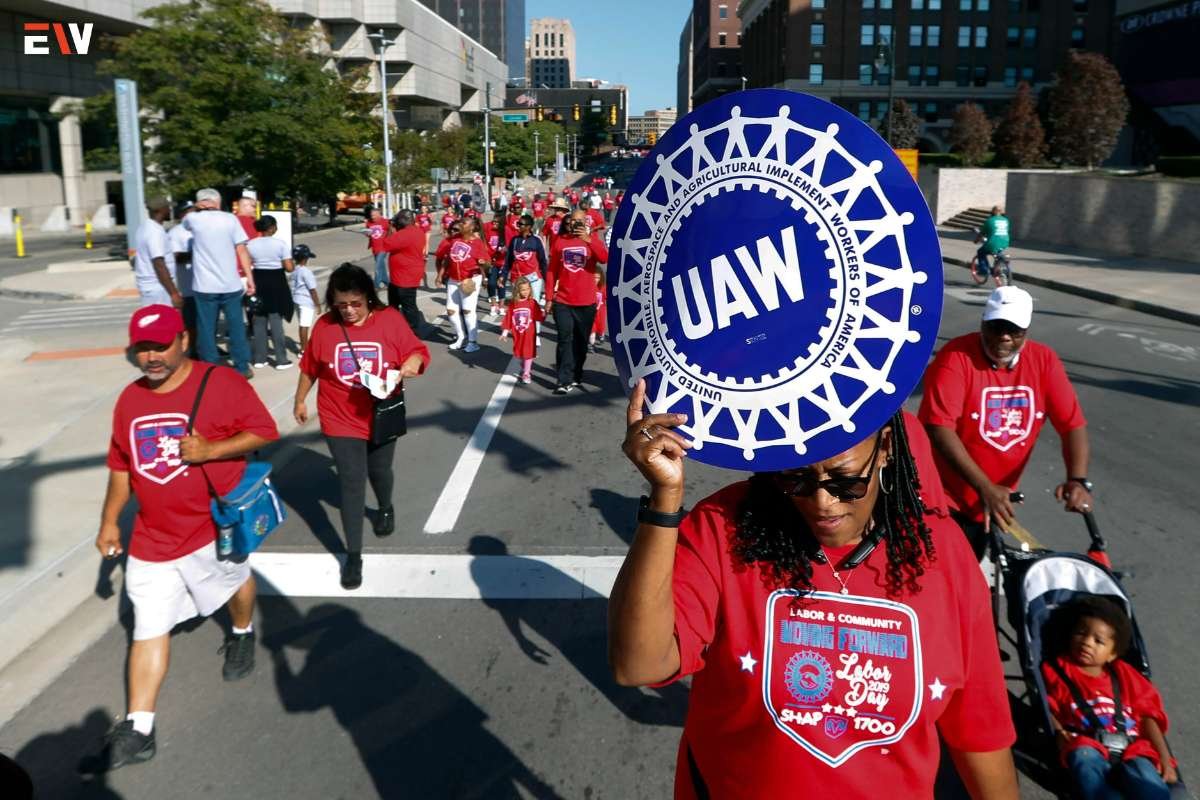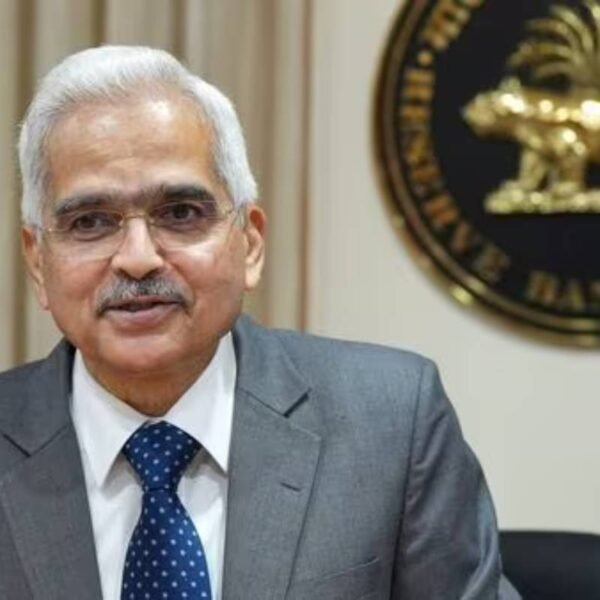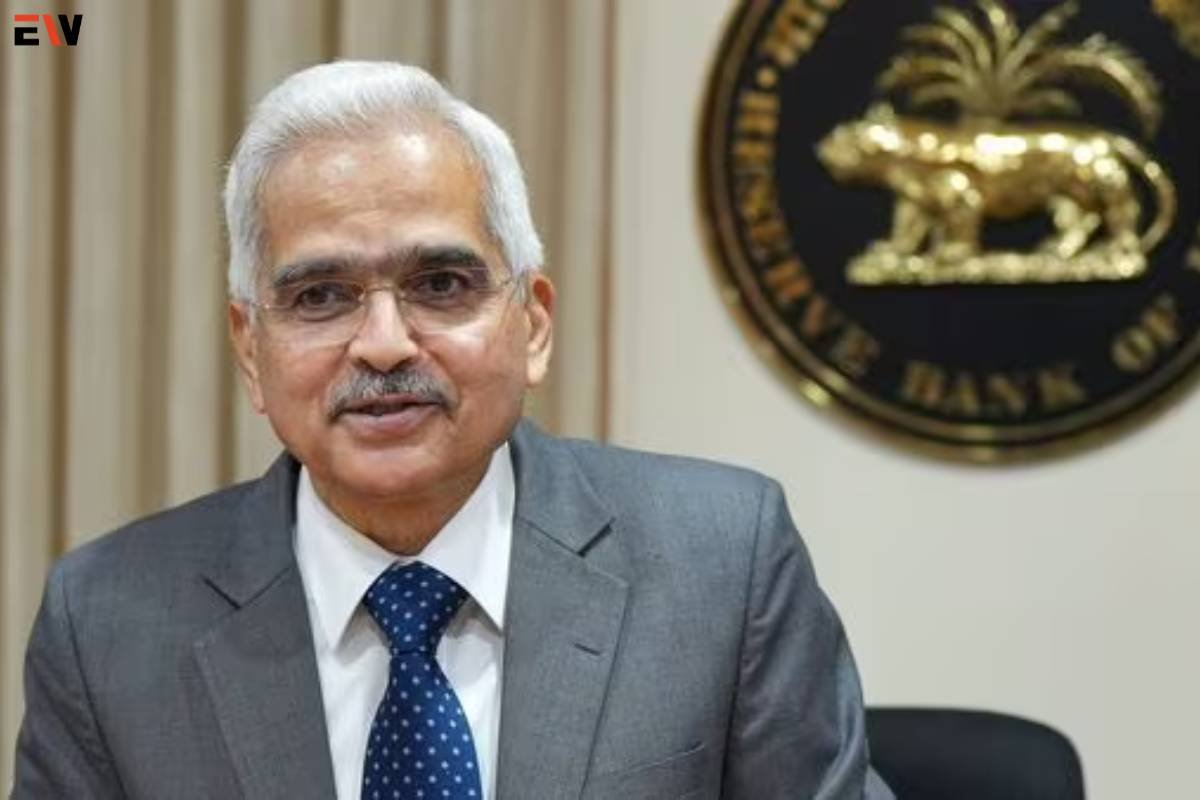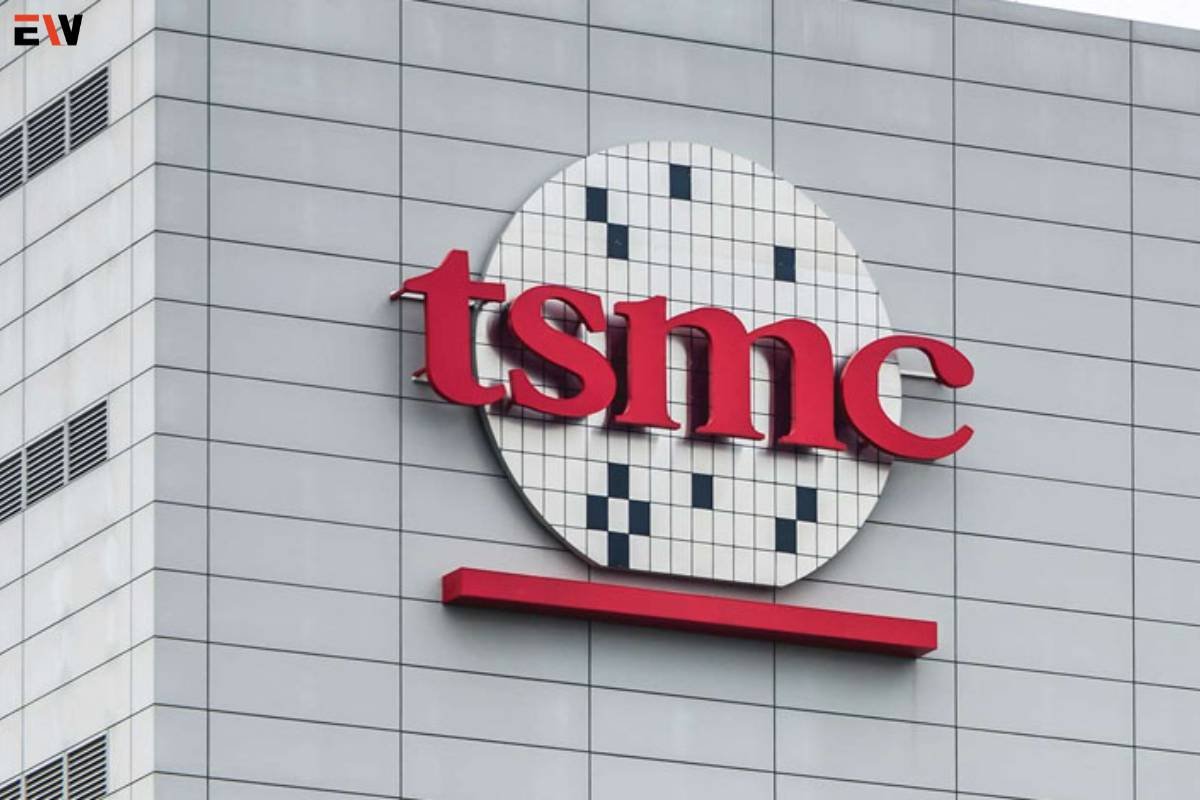“Exclusive News, Data, and Financial Market Insights: GM Executive Warns Against UAW Demands”
In a recent video statement released by General Motors‘ (GM) global head of manufacturing, Gerald Johnson, concerns were raised regarding the demands presented by the United Auto Workers union. Johnson emphasized that these demands come with significant costs that could potentially jeopardize GM’s ongoing manufacturing momentum. In an effort to avoid any disruptions, both Johnson and GM President Mark Reuss expressed their desire for a fair resolution without resorting to a strike. However, the specifics of GM’s economic proposals to the UAW were not disclosed.
85% of General Motors customers are auto workers
For businesses closely tied to the automotive industry, such as the Motor City Sports Bar & Grill in Warren, Michigan, the negotiations hold significant importance. Approximately 85% of their customers are auto workers, and they are cautiously optimistic that a strike can be averted, despite past experiences with such disruptions.
The potential consequences of a strike extend far beyond individual businesses. Across Michigan’s economy, various industries are preparing for the potential impact. According to the Anderson Economic Group, just 10 days of a strike could result in a staggering $5 billion loss for the U.S. economy, with $859 million in wage losses. Justin Winslow, president and CEO of the Michigan Restaurant & Lodging Association, expressed concerns about the potential impact on disposable income and the ripple effect it could have on the hospitality industry. As negotiations continue, the stakes remain high for all parties involved.
George Glassman of Glassman Automotive Group is also hoping against the strike
Winslow says they’re following the talks as well, with the auto industry a major driver in Michigan’s economy. He says their industry also felt the effects during the UAW strike against General Motors in 2019.
“Some restaurants felt it very acutely and there were temporary layoffs in the industry during that time period,” Winslow said. “It was less severe sounding, frankly, in reality than what we’re bracing for right now. So we’re having communication with members to be prepared for the worst.”
On the flip side, George Glassman of Glassman Automotive Group is also hoping against the strike but with selling mostly non-domestic cars, his business could see more traffic if Big Three production slows.
“If there are no cars on the ground and people need to purchase or lease cars, they’re going to find a place to get them,” Glassman said. “I’m hoping a strike doesn’t happen because I don’t think it will be productive for either side.”
Also Read: Netflix gains more subscribers despite the Password-sharing Crackdown









